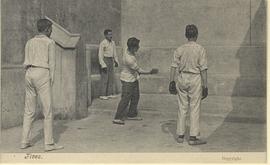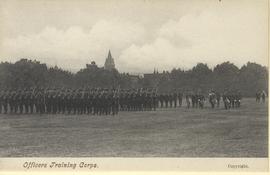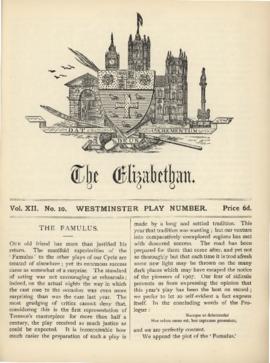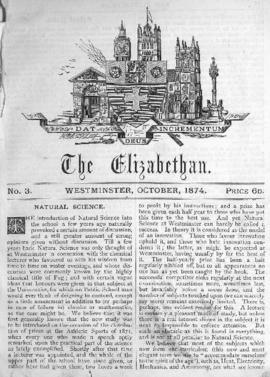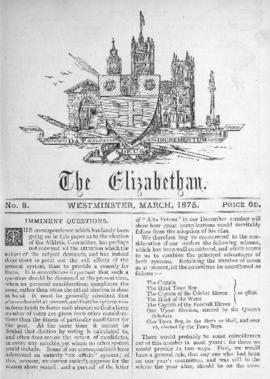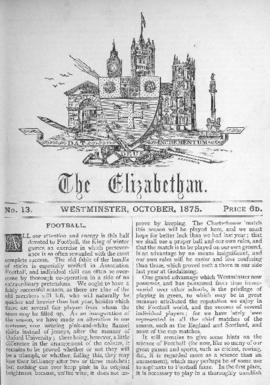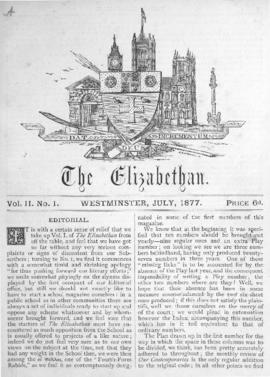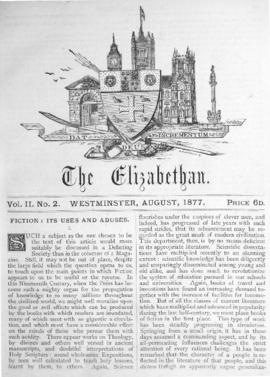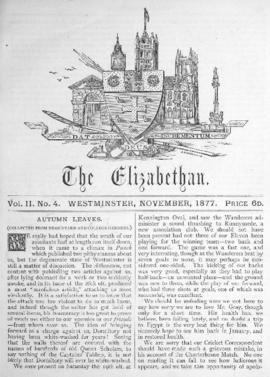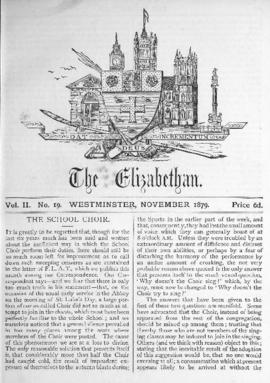One copy annotated on reverse by R.S. Chalk, as follows:
'Memories 1918-1924
Fives was by far the most popular out of School game. Few could afford Racquets, and Tennis was never accepted as an alternative station till about 1923-4. *
The three Fives Courts in yard were continually patronised, especially by boarders. K.SS were particularly keen and proficient and participation in House ties was obligatory for all, I believe.
During the winter of 1921-2 I witnessed a memorable game of Fives played on the Court opposite Liddell’s Tree - the Headmaster (H.C.W.) and Mr (later Rev) R.E.C. Houghton (Master of VI) versus Rev. A.G.S. Raynor (Master of K.SS, just about to retire) and C.H. Taylor K.S. (later Cricket Blue). The Masters all showed great proficiency- not least the veteran ‘PiWi’. I wonder this game (witnessed by scorer) was never repeated.
*Yet, for all that, did we not produce C.H. Weinberger, Wimbledon Schoolboy Champion in 1919?'
